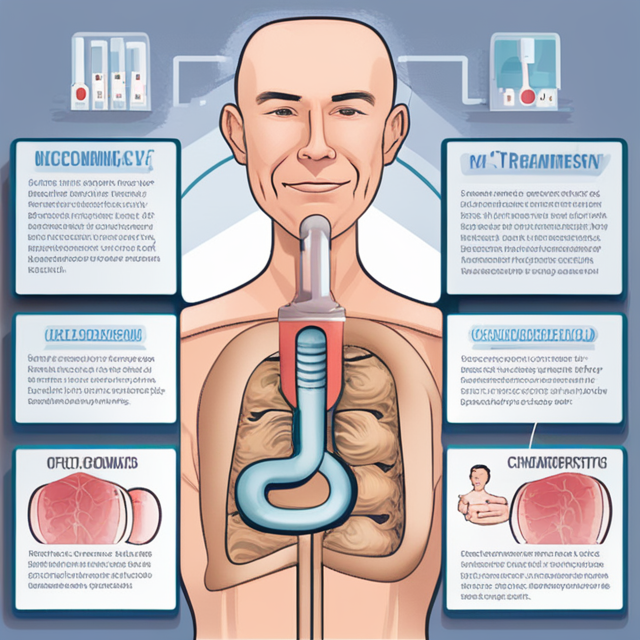
Colon cancer, also known as colorectal cancer, is a common malignancy that affects the large intestine (colon) or the rectum. It is a significant health concern worldwide, accounting for nearly 10% of all cancer cases globally. While surgical intervention remains the primary treatment option for early-stage colon cancer, chemotherapy plays a crucial role in effectively managing advanced and metastatic cases. In this article, we will explore the intricacies of chemotherapy for colon cancer and understand why it is considered an effective treatment option.
Understanding Chemotherapy
Chemotherapy refers to the use of drugs to kill or slow down the growth of cancer cells. Unlike surgery, which aims to remove the tumor physically, chemotherapy is a systemic treatment method that targets cancer cells throughout the body.
In colon cancer, chemotherapy is typically administered in combination with surgery to eliminate any remaining cancer cells or as a primary treatment option for advanced cases where surgery may not be possible. The drugs used in chemotherapy can be administered orally, intravenously, or directly into the abdominal cavity, depending on the specific treatment protocol.
How Chemotherapy Works
Chemotherapy drugs work by interfering with the cell division process, which is essential for cancer cells to grow and multiply. They target rapidly dividing cells, which include cancer cells. However, normal cells that divide quickly, such as those in the bone marrow, hair follicles, and digestive tract linings, can also be affected, leading to side effects.
Combination Therapy
Chemotherapy for colon cancer often involves multiple drugs administered together, known as combination therapy. By combining different drugs with varying mechanisms of action, the effectiveness of treatment is enhanced, and the risk of drug resistance is minimized.
The two main drug combinations used in colon cancer chemotherapy are FOLFOX and FOLFIRI. FOLFOX comprises 5-fluorouracil (5-FU), calcium folinate (leucovorin), and oxaliplatin, while FOLFIRI includes 5-FU, leucovorin, and irinotecan. These combinations are tailored to individual patients based on their specific genetic and molecular characteristics.
Preoperative Chemotherapy
For patients with locally advanced colon cancer, administering chemotherapy before surgery, known as neoadjuvant chemotherapy, has shown promising results. This approach aims to shrink the tumor and reduce the risk of recurrence. By making the tumor smaller, the surgical procedure becomes more feasible, allowing for better outcomes.
Postoperative Chemotherapy
After surgery, adjuvant chemotherapy is often recommended to eliminate any remaining cancer cells and reduce the risk of recurrence. Adjuvant chemotherapy significantly improves survival rates, especially for patients with stage III or high-risk stage II colon cancer.
Metastatic Colon Cancer
When colon cancer has metastasized, meaning it has spread to distant organs or lymph nodes, chemotherapy becomes the primary treatment option. Chemotherapy drugs, in combination with targeted therapies, can help shrink tumors, control symptoms, and prolong survival. The choice of drugs and treatment protocols depends on several factors, including the extent of metastasis and the overall health of the patient.
Side Effects
While chemotherapy is an effective treatment for colon cancer, it is not without side effects. The most common side effects include fatigue, hair loss, nausea, vomiting, diarrhea, and a weakened immune system. However, advancements in supportive care have significantly improved the management of these side effects, allowing patients to tolerate treatment better.
Conclusion
Chemotherapy is a vital component in the treatment of colon cancer, both as an adjuvant therapy after surgery and as a primary treatment option for advanced cases. Through a systematic approach, chemotherapy drugs target cancer cells throughout the body, improving survival rates and quality of life. Although it may have side effects, proper supportive care can mitigate these effects and enhance patient well-being during treatment. With ongoing research into targeted therapies and personalized medicine, the effectiveness of chemotherapy for colon cancer continues to evolve, presenting new hope for patients battling this challenging disease.

















